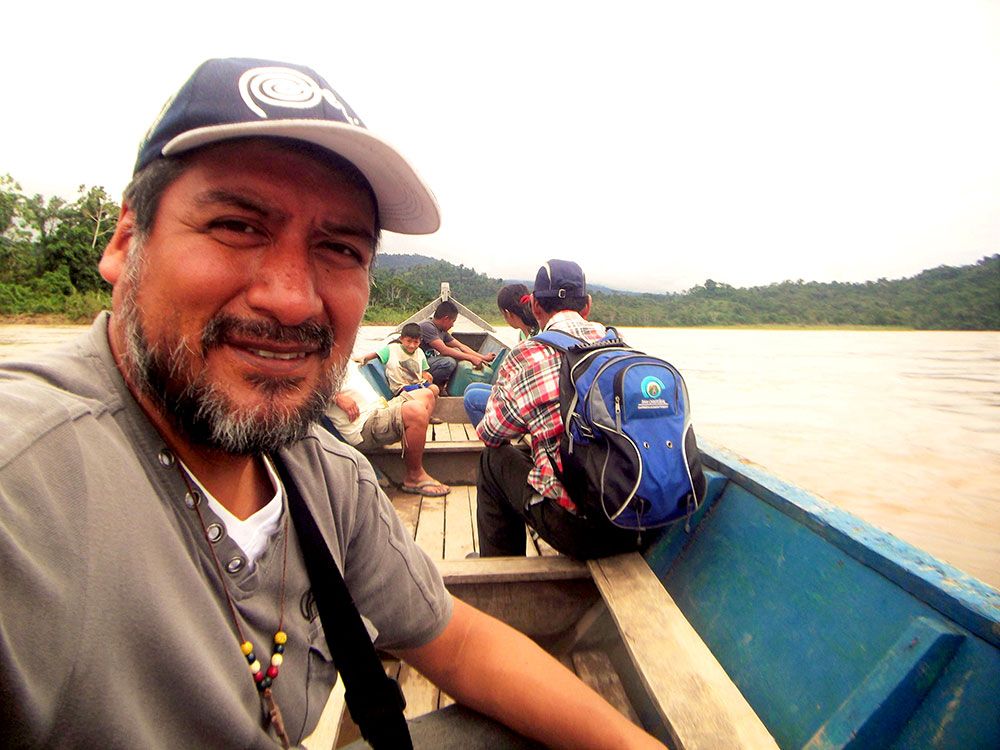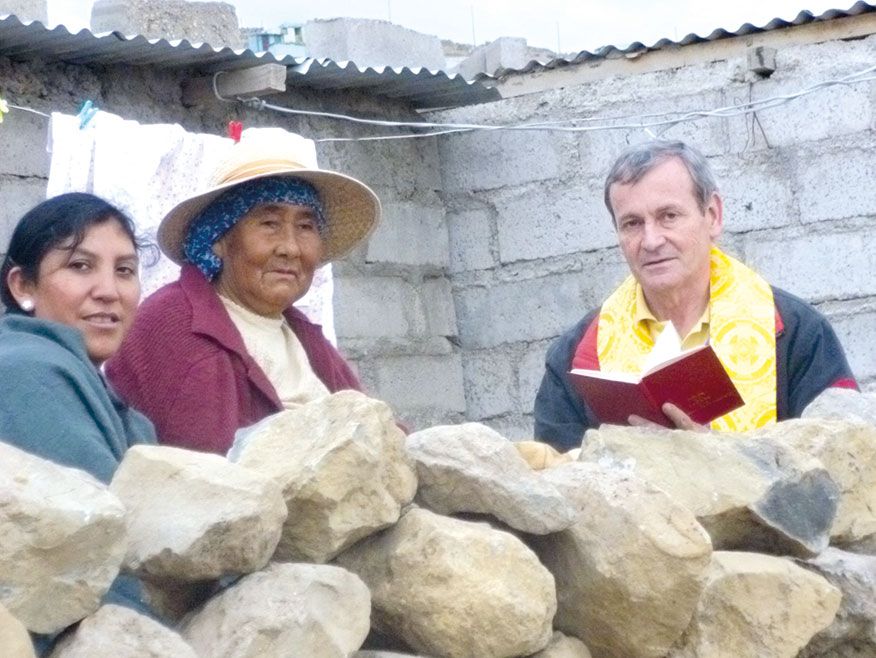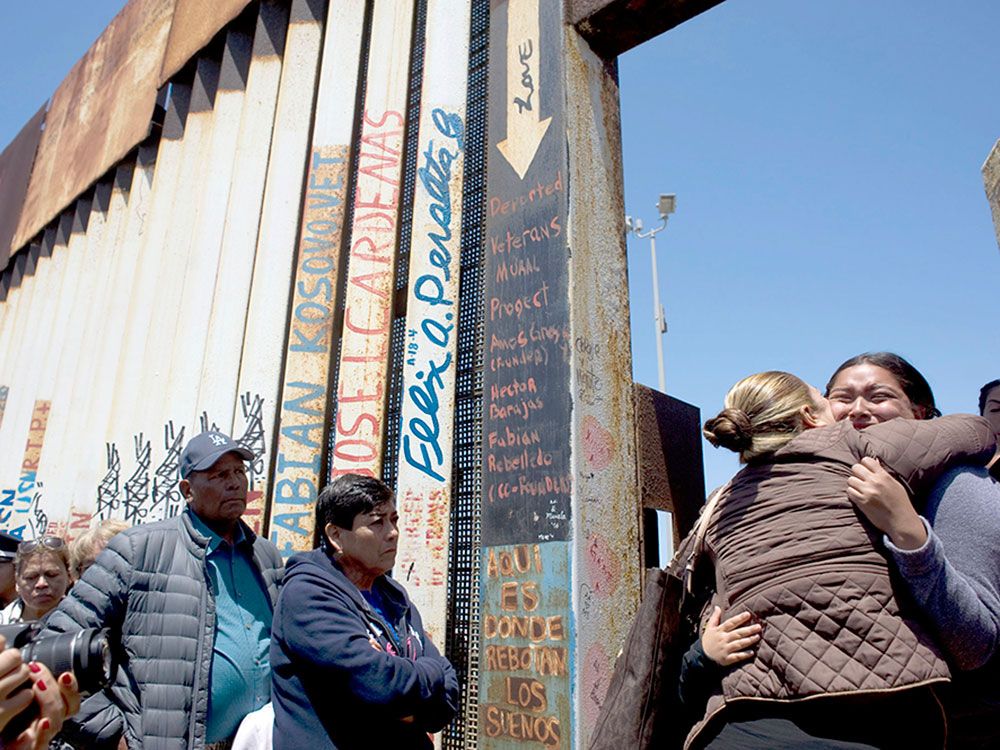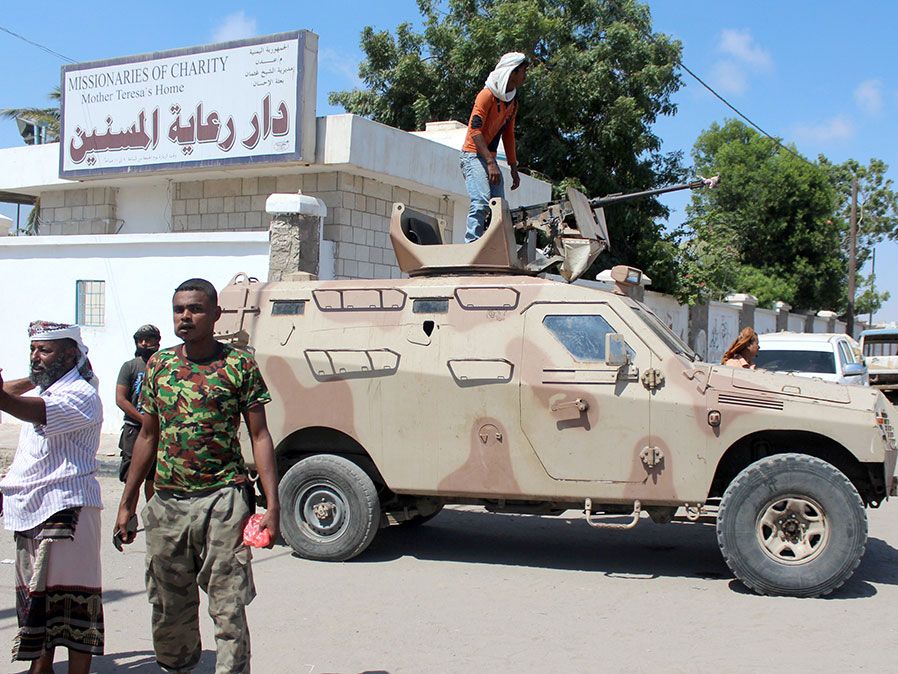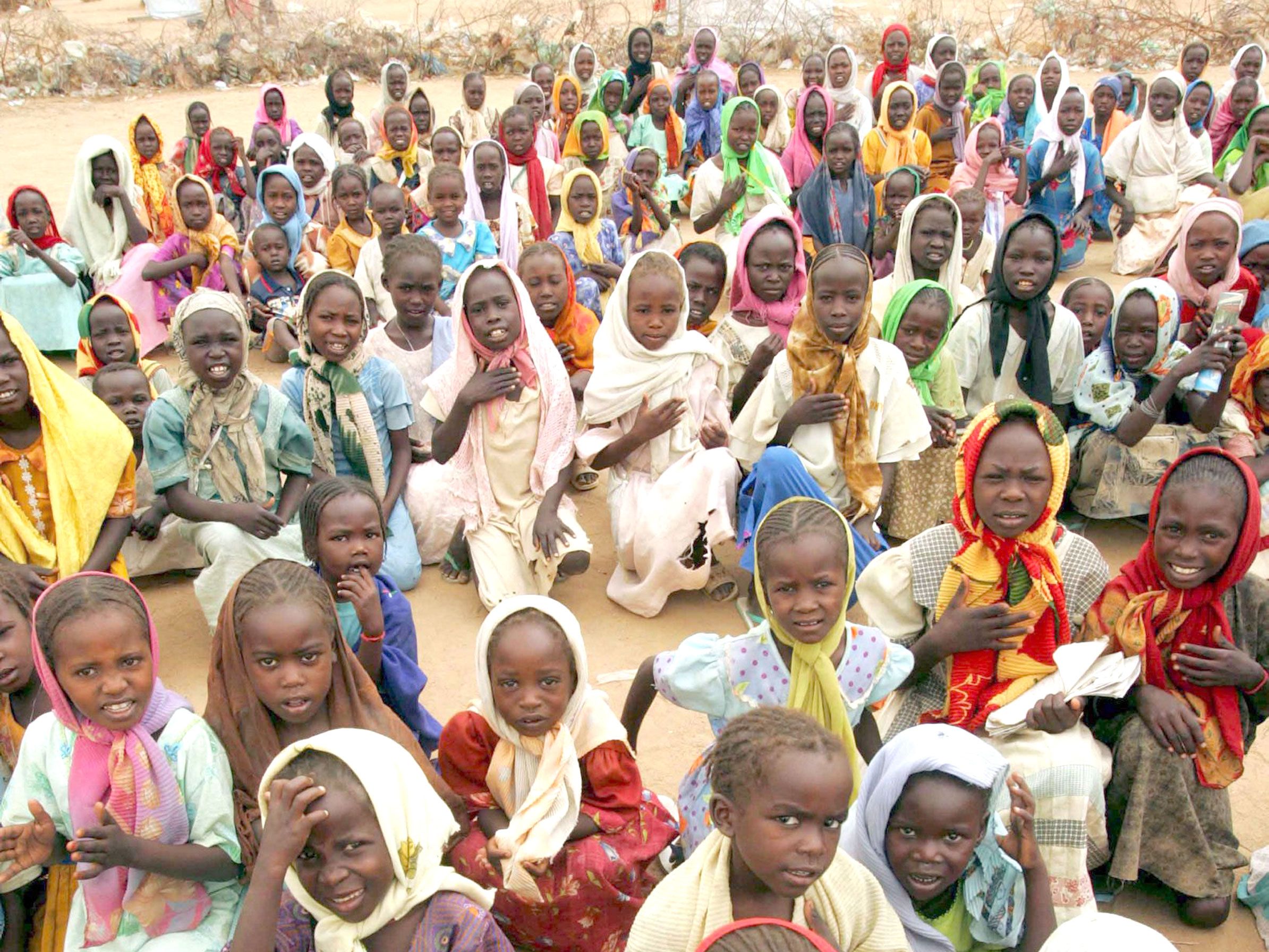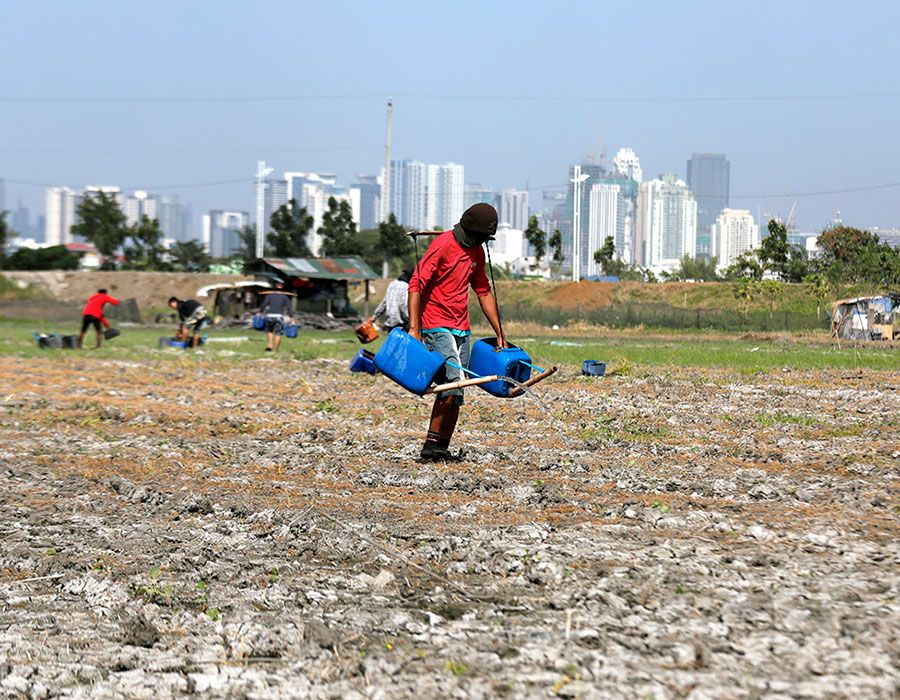

Food Production Threatened by Climate Change
Filipino farmers are most likely to be affected by the consequences of climate change as their crop production will decrease due to continuous rainfall, flooding and drought. As a result, more and more people will go to bed at night still hungry.


